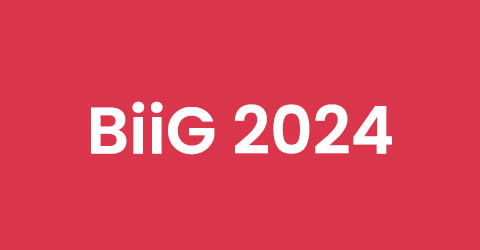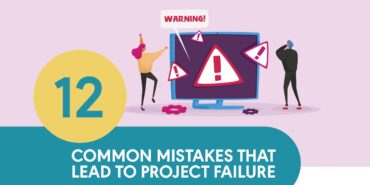Four Key Lessons from Major Program Assurance Reviews
Over the last three years PM-Partners group have provided Assurance services for large and transformational programs worth over $1.0B. These reviews have evaluated all aspects of program delivery with the aim of – in most cases – implementing remediation measures.
With that, we’ve pulled together four key lessons from the field, derived from the extensive reviews we’ve conducted:
1. Ready, Fire, Aim:
Almost all programs reviewed had commenced delivery activities without first laying the foundations fundamental to sustainable success and return on investment.
The following draw on the foundational elements typically found to not be in place or sufficiently mature:
- Business Case: If the program is complex, conduct the relevant analysis to develop a realistic document. Draw on a wide range of data points, especially the experience of other organisations who have trod this path before. Many programs run over budget… or are they dramatically under-scoped at the start? Revisit the business case throughout the program lifecycle, especially post definition of the ‘Target Operating Model’ (TOM) and architecture.
- Organisational ‘End State’ or Target Operating Model: Take the vision and define the TOM early in the program; this will guide all elements of the program and help the business understand the change they need to prepare for. The TOM will also be a valuable reference point for benefits mapping and architectural decision making.4
- Program Plan and Project Plans: No explanation needed here, or is there? Many major programs are not well-scoped or sufficiently planned; “A stitch in time saves nine!”
2. Hop Scotch:
I’m sure many of us played this game as a kid. The ‘court’ is drawn on the ground and then the player tosses the marker (typically a stone, coin or bean bag) into the first square. The marker must land completely within the designated square without touching a line or bouncing out. The player then hops through the course, skipping the square with the marker in it. (Wikipedia). Lay out the approach then step through it without skipping steps.
Agree on a program delivery approach and follow it. Our reviews have shown that taking shortcuts due to time and cost pressures usually lead to other issues that more than negate the benefits of skipping steps.
3. Three Wise Monkeys:
Hear no evil, see no evil, speak no evil.
- Plan and report: Have detailed enough plans as well as accurate reporting that rolls up to an integrated view. Once this in place fanatically assess progress and make swift decisions to remove roadblocks. The burn rate on major programs is huge!
- Review: Step back and objectively review the program. It is easy to become trapped in the story and start justifying the story line, even if things are heading off track. Seek unbiased advice to provide external expert assurance throughout the program and heed said advice.
- Speak up early: If it’s ‘red’ then it’s ‘red’.
4. Bigger Is Not Always Better:
When a program gets too large it seems almost impossible to be successful. The program cost as well as business impact is hard to justify. Break programs down to a manageable size in alignment with your organisations delivery maturity.
For a confidential discussion regarding our health check and assurances services, phone us today on 1300 70 13 14.








